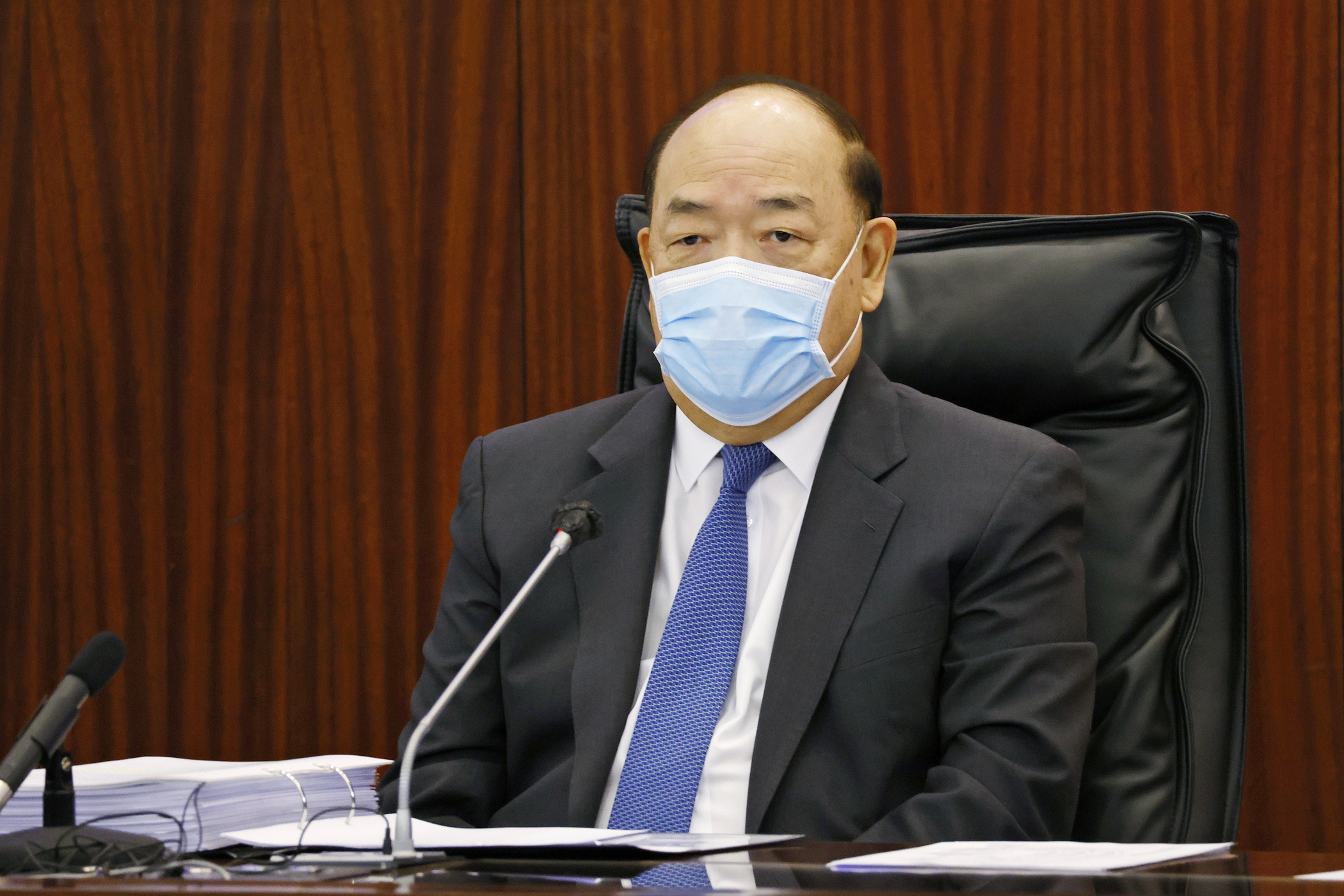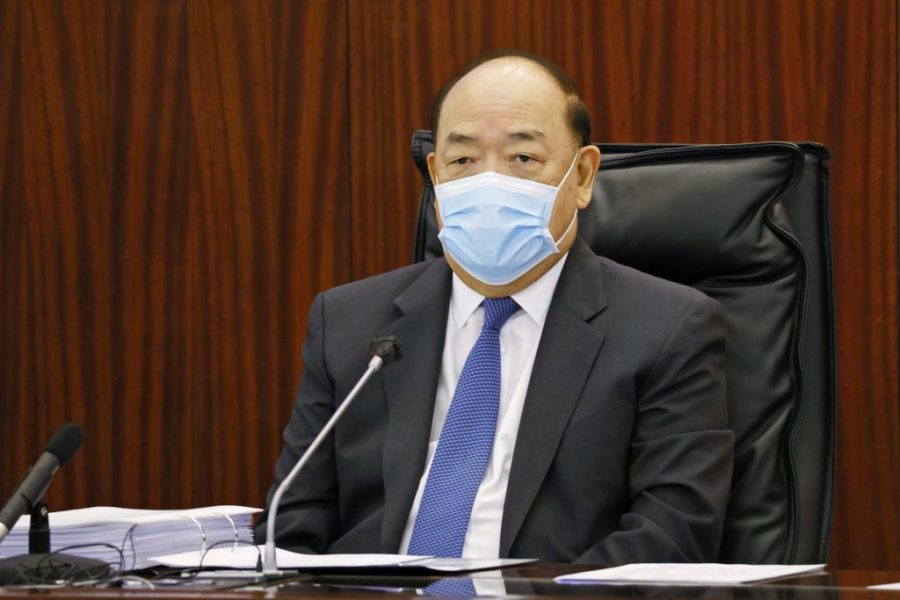Macao’s second MOP 10 billion financial support plan for this year will only benefit Macao residents.
Chief Executive Ho Iat Seng has made it clear that a recent proposal by a local association suggesting a MOP 3,000 card for the city’s non-resident workers (NRWs) would not be put forward by the government.
Ho made the remarks during yesterday afternoon’s plenary Q&A session at the legislature’s hemicycle.
Last week, the Macao Chamber of Commerce (ACM) submitted a proposal to the government to give NRWs a MOP 3,000 consumption card in the second MOP 10-billion financial support plan.
Ho clarified that the proposed MOP 3,000 consumption card for NRWs came from a local association and did not represent the government’s decision on its financial support plan.
Ho also said that the government was currently receiving proposals from various associations for this year’s second financial support plan, “but this does not mean that the government will accept all proposals,” he stressed.
Ho underlined that all Macao residents will benefit from the second financial support plan, while the NRWs would “absolutely not” be included in the support plan.
Lawmaker José Maria Pereira Coutinho asked the government to pay more attention to children, the elderly, and people with disabilities when planning this year’s second financial support plan.
Ho said he fully understood the hardship Macao people are going through because of the Covid-19 pandemic and assured them that the government was determined to care for those in dire straits. Therefore, he said, this year’s second financial support plan still needed to be weighed against views from all sectors of society.
However, Ho said that it would take time for the government to settle this year’s first round of its MOP 10-billion financial support plan in order to start planning the second round.
The second financial support plan has been proposed by the government in response to the latest Covid-19 outbreak, aiming to benefit all Macao residents. Ho told lawmakers yesterday that Macao residents who failed to benefit from the first round of its financial support plan should wait for the second round.
Ho pointed out that this year’s second round of financial support plan could only be launched after meeting all the required legal conditions in November or December, after the legislature’s summer recess, so that the respective budget amendment bill can be passed by the legislature for the second round of the government’s financial support plan to finally get off the ground.
The legislature is slated to vote tomorrow on the extension of its current term from 15 to 31 August, so its summer break will start a fortnight later than usual.
Ho acknowledged that the unemployment situation is “very serious”, pointing out that the latest unemployment rate among locals stands at 4.8 per cent, which means that 15,000 residents are unemployed.
According to Ho, as of the end of June, there were 162,391 NRWs in Macao, with the total number having been reduced by 34,147 since December 2019.
Following the plenary session, Coutinho said that he believed the current unemployment situation was worse than estimated. “I believe that far more than 30,000 people in Macao have lost their jobs,” the leader of the Macao Civil Servants’ Association (ATFPM) said.
Lawmaker-cum-trade unionist Lam Lon Wai said that Macao residents were highly concerned about the impact of NRWs on the employment of local people, and he asked the government to ensure that local people are given priority in employment.
Ho told the lawmakers during the 3 ½-hour Q&A session that the government had given priority to local residents in the recruitment of samplers for the nucleic acid test (NAT), and had successfully hired some local samplers.
According to a local media report, the Labour Affairs Bureau (DSAL) has recently arranged NAT sampler jobs for 94 local residents.
Ho also said he hoped that civil society would consider whether local residents could replace NRWs if the latter were laid off, and questioned whether this would solve Macao’s unemployment problem.
Ho also noted that there are currently fewer than 8,000 local residents registered as unemployed in the DSAL online employment system, adding he hoped that all unemployed residents would register so that the government could help them find a job, The Macau Post Daily reported.






